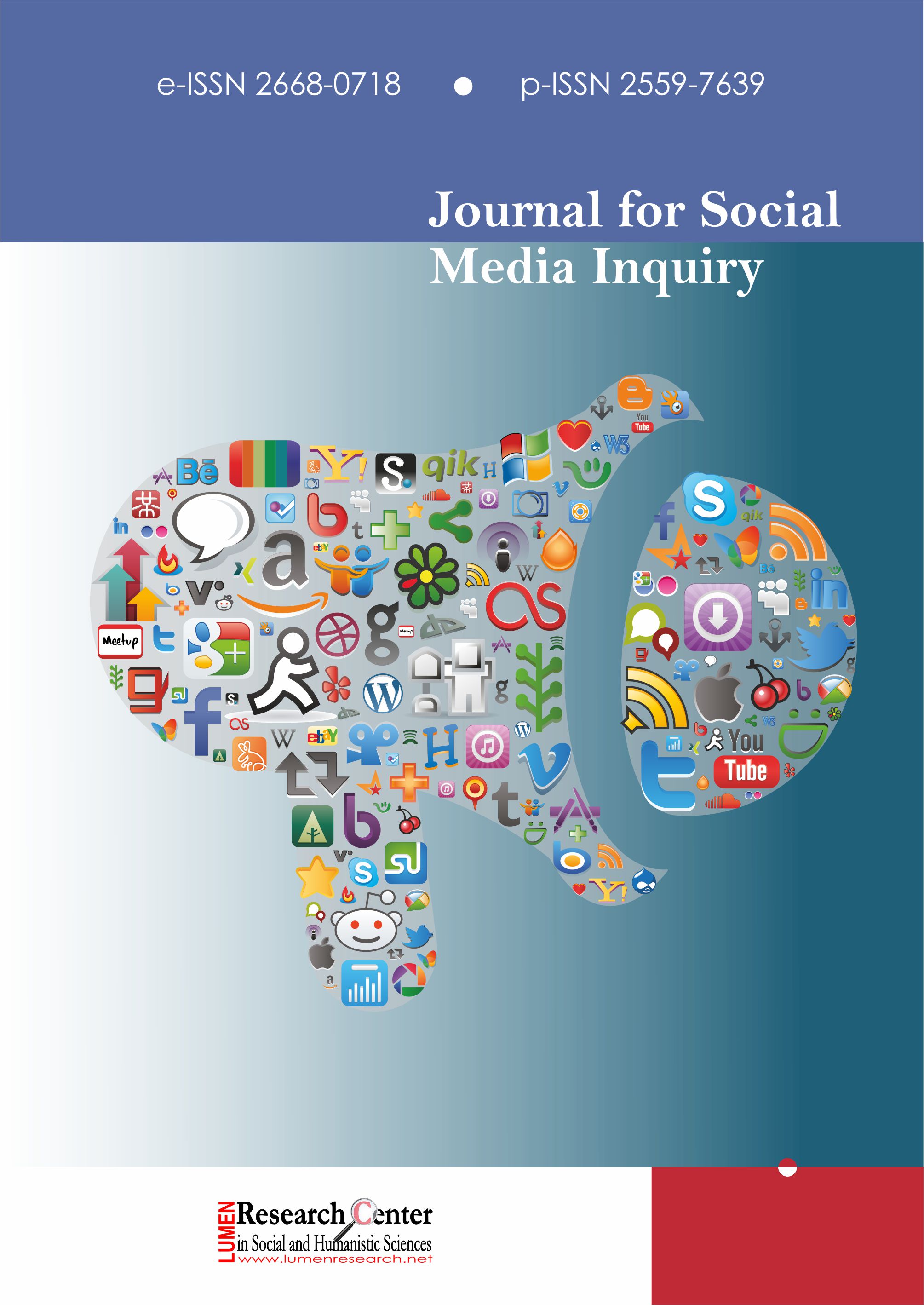Conceptele postumaniste de viață și moarte, din perspectiva hermeneuticii sinelui a lui Paul Ricoeur. O analiză critică
The Posthumanist Concepts of Life and Death, From the Viewpoint of Paul Ricoeur’s Hermeneutics of the Self. A Critical Analysis
Author(s): Călin-Ioan TaloşSubject(s): Social Theory
Published by: Editura Lumen, Asociatia Lumen
Keywords: hermeneutics;self;consciousness;life;death;
Summary/Abstract: How can the human self face the paradigm shifts that posthumanism mobilizes? We intend to answer this question setting out from the concept of Paul Ricoeur’s hermeneutics of the self. According to this hermeneutics, the self is capable of action, self-reflection, called by Ricoeur “attestation”, and of the fact that it can be accompanied by the moral values acquired. We will notice that Ricoeur’s hermeneutics of the self can be reduced to an ontology of the self deeply engraved by three dialectics, self-reflection, identity, and the relationship between the self-as-another and anothers-as-self. We will subsequently infer that the self holds ontologically the condition of being a self constrained by the manner of being as orientation. This condition represents the fundamental limit of consciousness which, consequently, contributes significantly to an epistemlogy of the consciousness that sketches out the project of a hermeneutics which places both language and consciousness at the centre of the process of differentiation between the posthumanist narratives about life and death.
Journal: Journal for Social Media Inquiry
- Issue Year: 3/2021
- Issue No: 1
- Page Range: 90-105
- Page Count: 16
- Language: English

